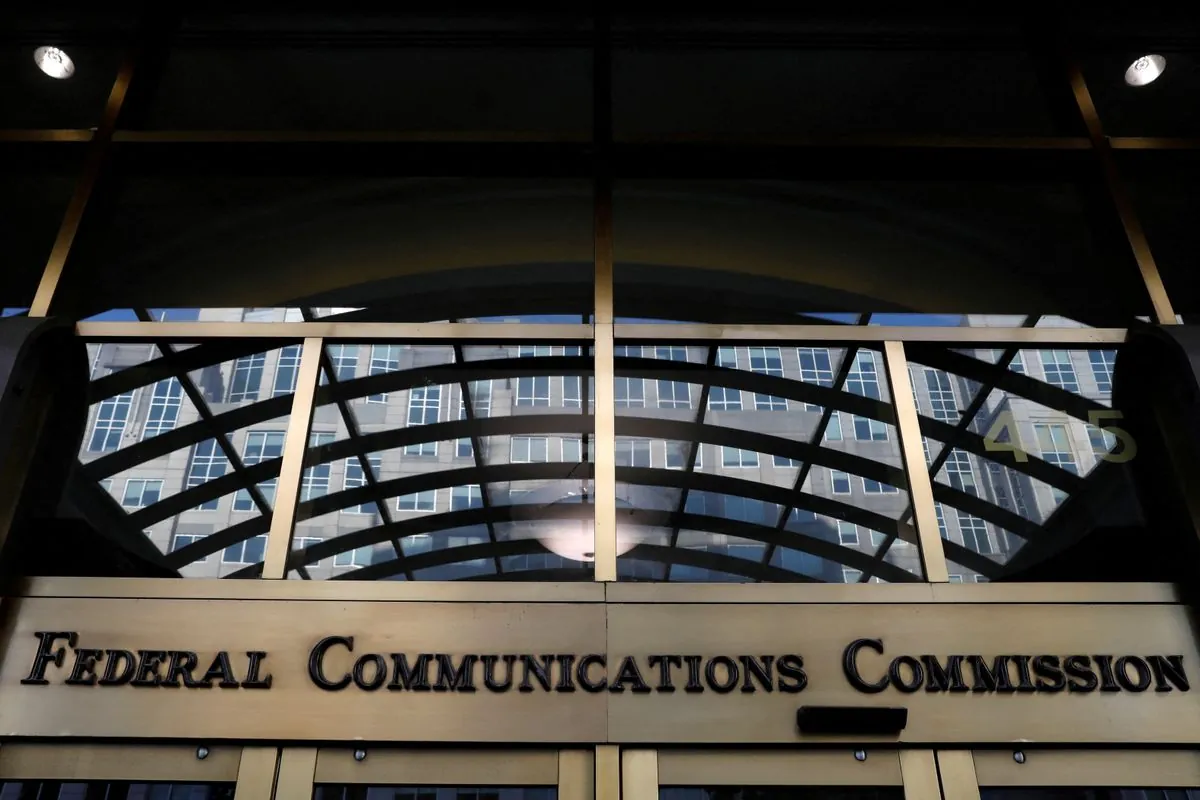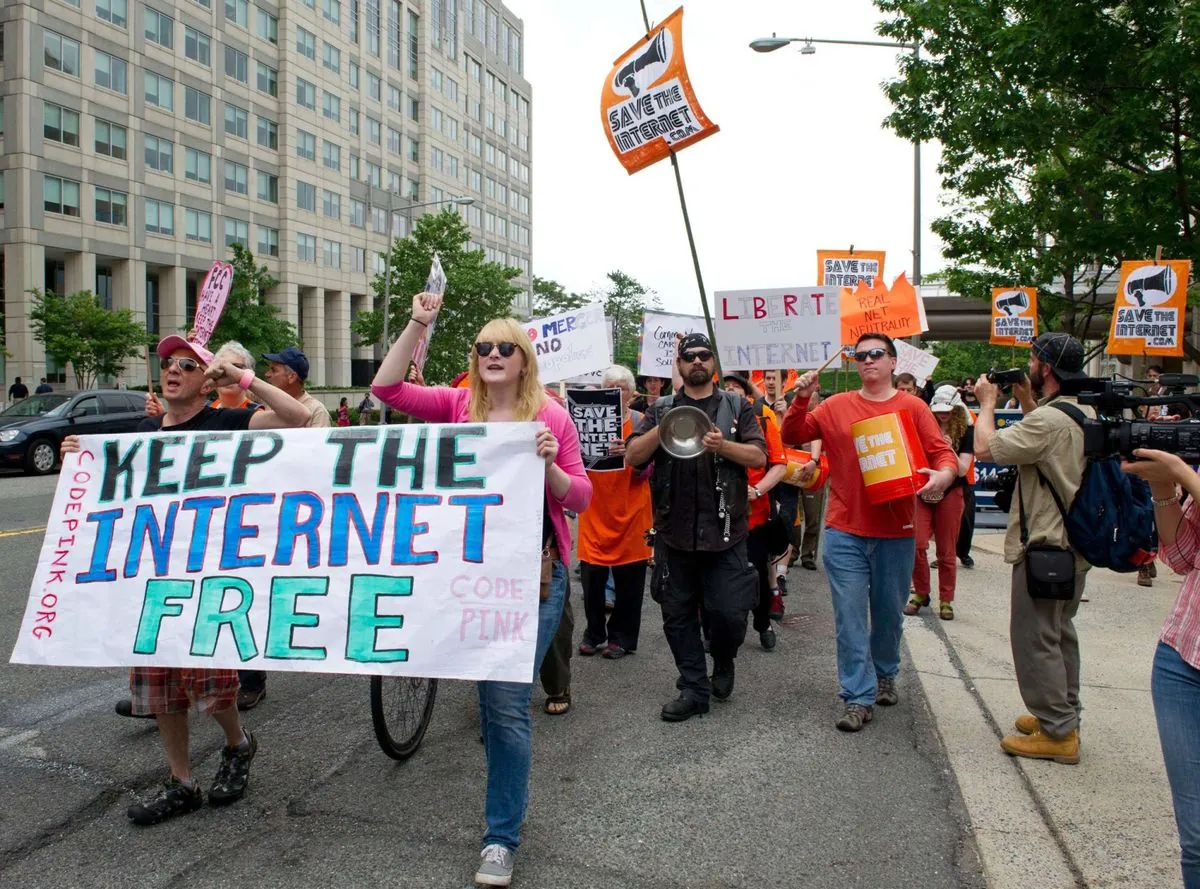U.S. Court Halts FCC's Net Neutrality Reinstatement, Scheduling Autumn Hearing
A U.S. appeals court has temporarily blocked the FCC's attempt to reinstate net neutrality rules, citing potential success of legal challenges. Oral arguments are set for late 2024, marking a setback for the Biden administration.

On August 1, 2024, a significant development occurred in the ongoing debate over internet regulation in the United States. The Sixth Circuit U.S. Court of Appeals issued a ruling that temporarily blocks the Federal Communications Commission's (FCC) efforts to reinstate net neutrality rules. This decision represents a major obstacle for President Joe Biden's administration, which has prioritized the restoration of these regulations.
The court's decision comes in response to the FCC's April 2024 vote to reassume regulatory oversight of broadband internet and reinstate open internet rules originally adopted in 2015. These rules, which were rescinded during Donald Trump's presidency, aim to ensure equal treatment of internet data and users by internet service providers (ISPs).

Net neutrality, a concept first proposed by Tim Wu in 2003, has been a contentious issue in the United States for nearly two decades. The principle requires ISPs to treat all internet traffic equally, prohibiting practices such as blocking, throttling, or paid prioritization of content. Since the FCC's first attempt to enforce net neutrality in 2005, the issue has been subject to numerous legal challenges and policy shifts.
The court's decision highlights the complex legal landscape surrounding internet regulation:
"The final rule implicates a major question, and the commission has failed to satisfy the high bar for imposing such regulations. Net neutrality is likely a major question requiring clear congressional authorization."
This ruling suggests that the court views net neutrality as a matter that requires explicit legislative action rather than regulatory decisions by the FCC.
In response to the court's decision, FCC Chair Jessica Rosenworcel expressed disappointment but remained resolute:
"The American public wants an internet that is fast, open, and fair. Today's decision by the Sixth Circuit is a setback but we will not give up the fight for net neutrality."
The debate over net neutrality extends beyond regulatory bodies and courtrooms. It involves major tech companies, telecom providers, and consumer advocacy groups, each with their own perspectives on how internet traffic should be managed. The issue has global implications, with different countries adopting various approaches to internet regulation.
The COVID-19 pandemic, which began over four years ago, has further highlighted the importance of equitable internet access, reigniting discussions about the role of net neutrality in ensuring fair access to online resources.
As the legal battle continues, the court has scheduled oral arguments for late October or early November 2024. This hearing will likely be a crucial moment in determining the future of internet regulation in the United States. The outcome could have far-reaching consequences for consumers, businesses, and the development of new technologies like 5G networks.
The ongoing debate underscores the need for a careful balance between fostering innovation, protecting consumer rights, and ensuring a fair and open internet for all users. As the autumn hearing approaches, stakeholders on all sides of the issue will be closely watching for any developments that could shape the future of the digital landscape in the United States.


































